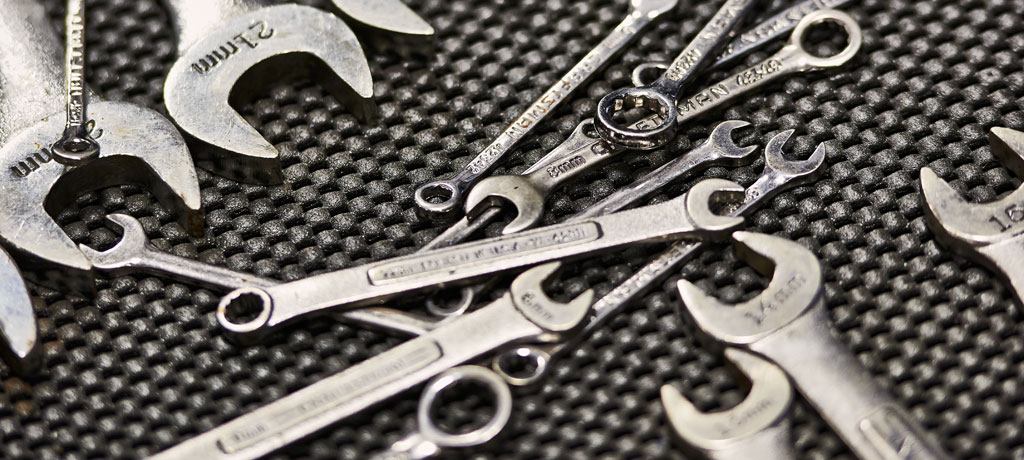
Making repairs to your vehicle’s exhaust system can sometimes be rather expensive depending on its make, model, and general condition. With that said, delaying needed repair work is not advised and can cause the price of that repair work to rise sharply. This is certainly true of muffler issues. Any problem with the muffler is best addressed immediately, rather than put off and allowed to snowball into something far more serious.
But what exactly is a muffler and how do you even know when yours is experiencing a problem?
What is a Muffler?
The muffler is one of the key components of the exhaust system with a duty of minimizing the noise produced during the exhaust process. The muffler also directs the exhaust out of the vehicle. This means a defective muffler doesn’t only make a lot of noise, it also causes very real problems for the driver and the passengers in the vehicle.
Mufflers, like most auto parts, can wear out over time. As such, it is important to be alert to some of the signs and symptoms of a muffler that needs replacement.
Top Signs of Muffler Failure
There are a few ways you can tell that your muffler is not functioning properly:
Listen up! The biggest and most noticeable sign of a bad muffler is the noise. When your muffler fails, the car will suddenly seem a lot louder than it did before. Be especially vigilant for any strange or sudden rattling noise, which could be the sound of a muffler that’s become loose or broken.
Look at it! Something else you can do if you are especially concerned about a bad muffler uses a car jack to raise the vehicle and visually inspect the muffler. You’ll likely be able to spot any major issues. Make sure to look out for holes or major rust, both of which can be deeply problematic.
Check for water. While you’re doing the visual inspection of your muffler, check for any signs of water dripping from it. A bit of condensation is normal, but water leaking from several places on the muffler is definitely trouble.
Check the temperature. Let the vehicle run for a few minutes and then check its temperature to see if it is unusually high. Sometimes a bad muffler can actually cause the vehicle to overheat, which is something you need to address immediately.
Getting Your Muffler Inspected
Generally, most auto dealerships will not include muffler replacement as part of their routine maintenance program. Make sure you use the tips above to check for signs that your muffler has gone bad. Additionally, you may want to have your muffler inspected by an auto care professional from time to time. The auto care professionals at Meineke have been the experts in muffler repair since 1972 and can fully assess and make any necessary repairs to your muffler. Remember that a bad muffler is something you want to have looked at as quickly as you can! Get an expert muffler inspection from a mechanic near you.





